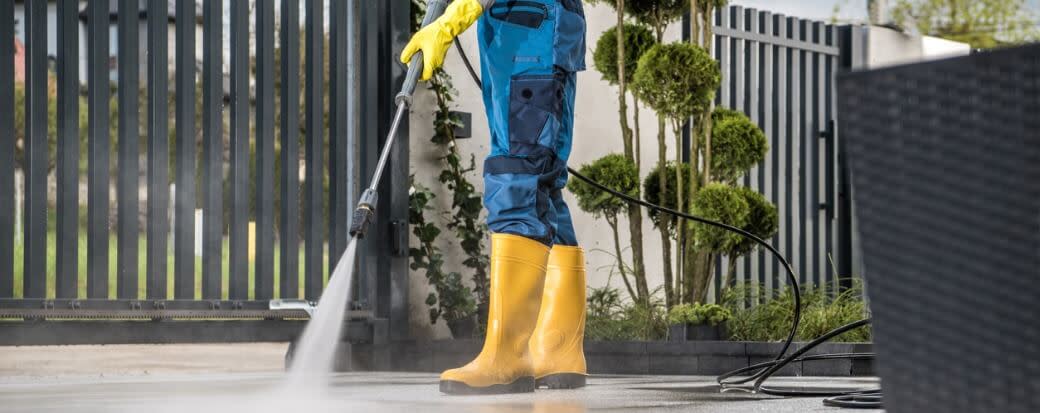7 Strategies for Growing a Pressure Washing Business

Share this article:
Editor’s note: Lantern by SoFi seeks to provide content that is objective, independent and accurate. Writers are separate from our business operation and do not receive direct compensation from advertisers or partners. Read more about our Editorial Guidelines and How We Make Money.
Tips for Starting a Pressure Washing Business
Polish your skills. Pressure washing may seem easy, but to do an excellent job (and avoid mishaps) you’ll need plenty of practice. To level up your skills, consider working for another pressure washing company, watching online videos done by professionals, or taking a local class.
Write a business plan. The foundation for any new business is a well-thought-out business plan. Your business plan should map out the scope of services you will offer, your pricing, your business budget, how you will finance your business, and how you will market your business.
Set up your small business. To create a new business, you’ll need to choose a name and a legal business structure, register your business (unless you choose a sole proprietorship), and seek out all the necessary licenses, permits, and insurance. Contact your city’s licensing office or county clerk’s office to find out the exact requirements for your area.
Open a business bank account. This will keep your business finances separate from your personal finances and make it easier to prepare your taxes at the end of the year. You might also want to apply for a business credit card so you don’t have to use your personal card for business expenses.
Purchase all the equipment you’ll need. For starters, you’ll need a pressure washer, pumps, nozzles, engines, chemicals, and surface cleaners. You’ll also need a truck or van to haul your equipment. This can get costly so you may want to consider buying used or renting some of your equipment.
How to Grow a Pressure Washing Business
1. Create a Website
2. Design a Logo
3. Advertise on Your Company Vehicle
4. Create a Company Tee
5. Spread the Word on Social Media
6. Get Lawn Signs and Flyers
7. Utilize Direct Mail
Tips for Funding Your Power Washing Business
Out of Pocket
Small Business Term Loan
Small Business Grants
Business Line of Credit
Equipment Financing
The Takeaway
Frequently Asked Questions
Photo credit: iStock/welcomia
LCSB0223005
About the Author
Lauren Ward is a personal finance expert with nearly a decade of experience writing online content. Her work has appeared on websites such as MSN, Time, and Bankrate. Lauren writes on a variety of personal finance topics for SoFi, including credit and banking.
Share this article: